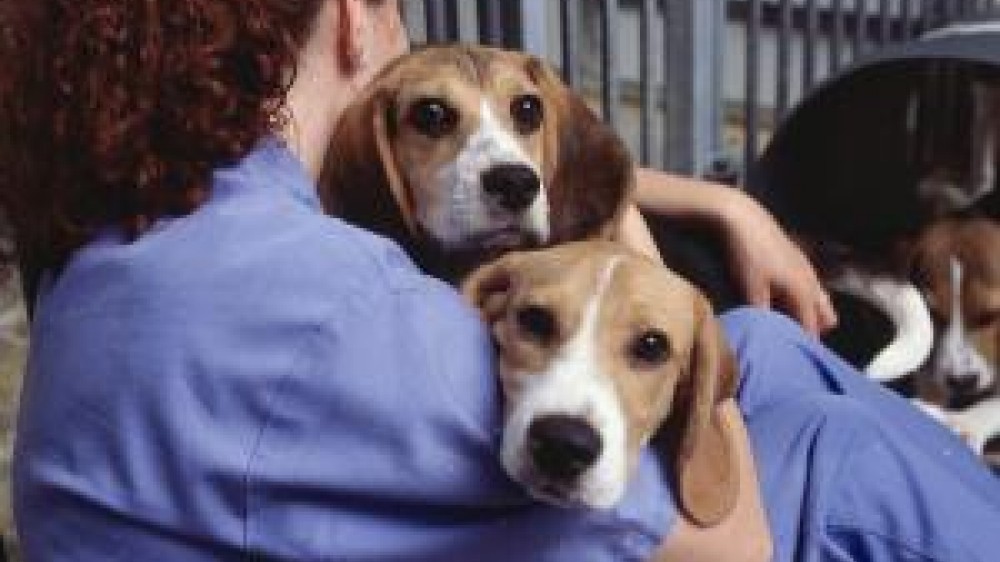Further funding for new approaches to reduce reliance on animals in research and improve animal welfare will ensure that the UK’s scientific community continues to lead in its commitment to the 3Rs.
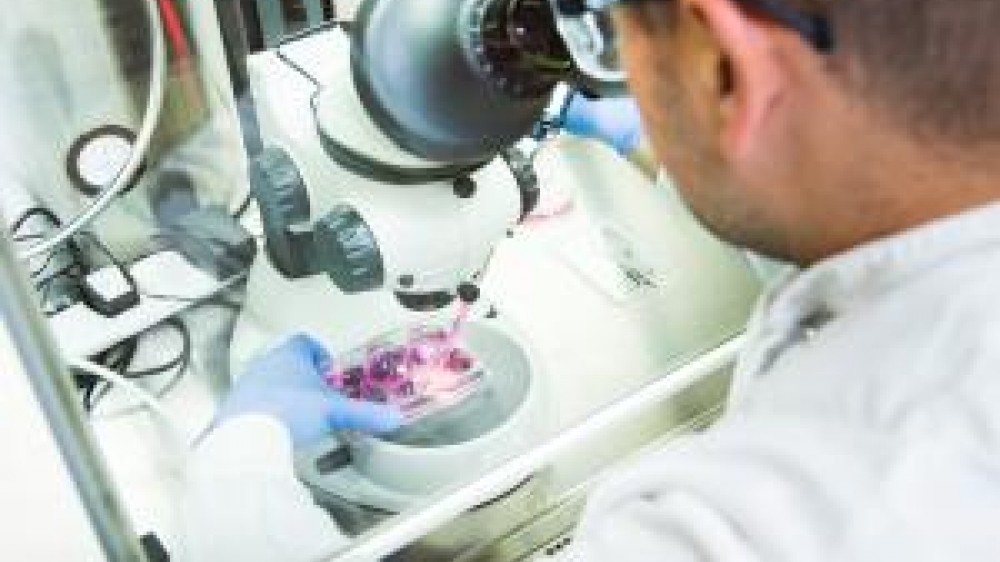
Further funding for new approaches to reduce reliance on animals in research and improve animal welfare will ensure that the UK’s scientific community continues to lead in its commitment to the 3Rs.

A study, published in the journal Cell, describes organoids of colorectal cancer derived from the patients’ own tissue.
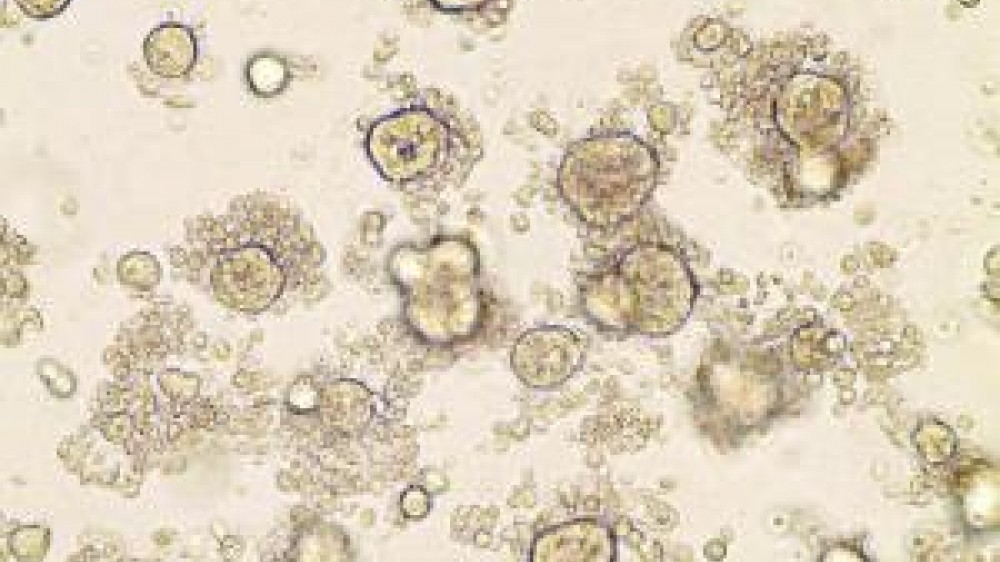
A recent publication describes a novel approach to assessing the palatability of new drugs using the amoeba Dictyostelium discoideum instead of rodents.

Today the Home Office released their annual statistics showing the number of scientific procedures using living animals in Great Britain in 2015.
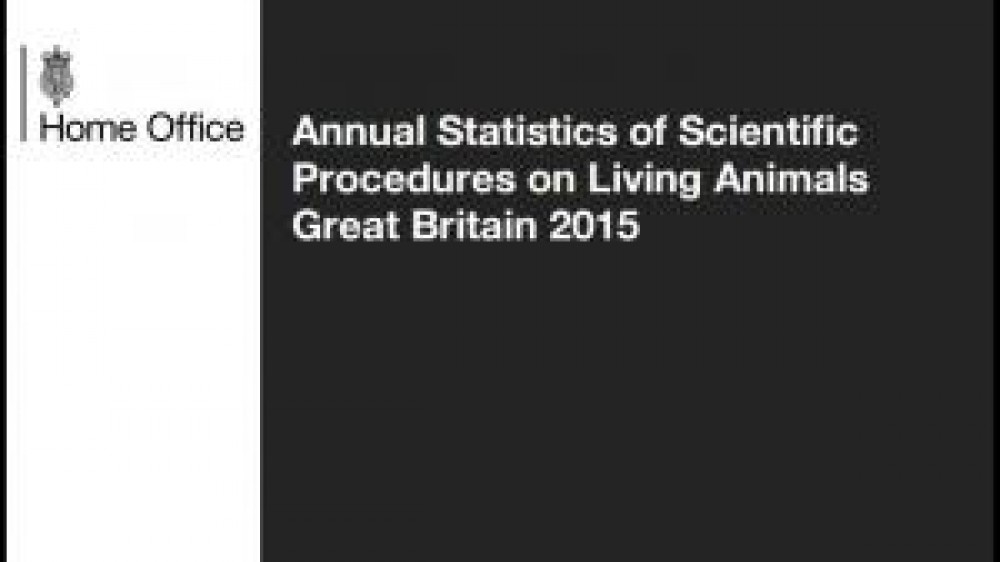
Working in partnership with MedImmune, the biologics R&D arm of AstraZeneca, we organised a workshop to explore how the 3Rs can be used as a foundation for minimising both animal use and drug attrition in oncology research.

A study published recently in Journal of Neuroscience Methods describes a new Non-invasive Head Immobilisation System (NHIS) for macaque monkeys used in neurobiology research.
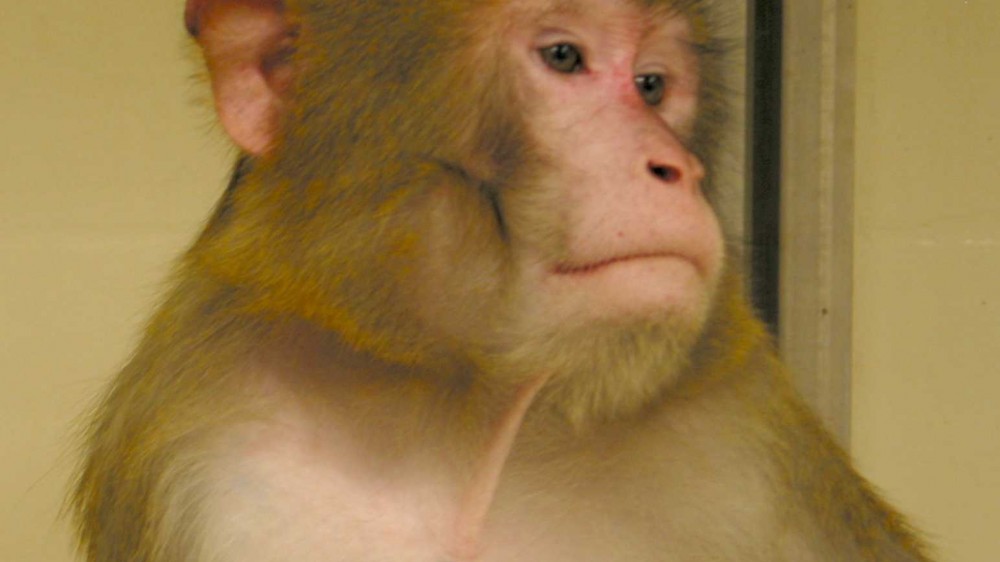
An analysis, published recently in Regulatory Toxicology and Pharmacology, has shown that Quantitative Structure–Activity Relationship (QSAR) models could potentially be used to predict whether plant protection product (PPP) metabolites are acutely

In May 2015, we launched a major new resource – The Macaque Website – which complements our earlier website on Common Marmoset Care.
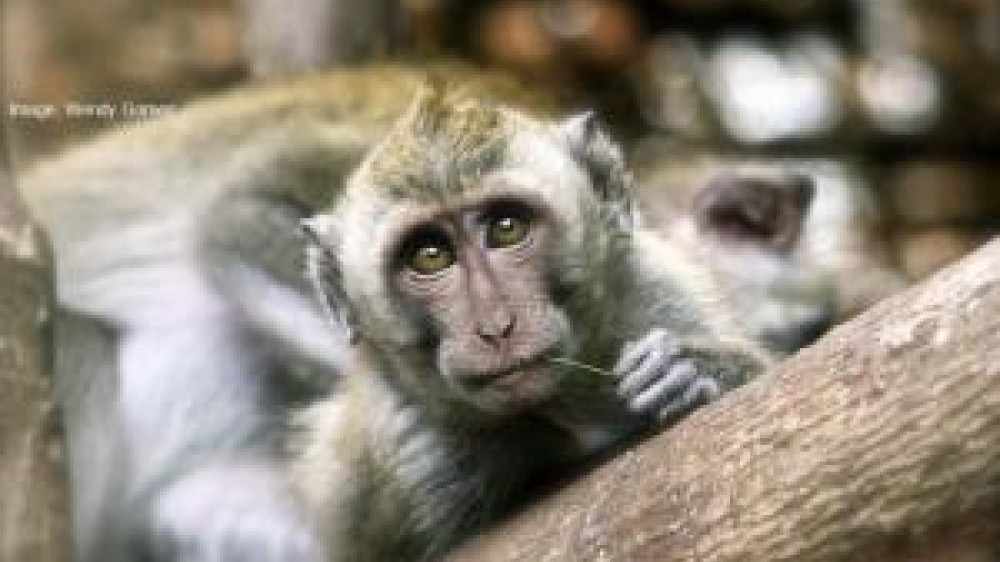
The NC3Rs has been working with the pharmaceutical industry to assess the relevance of rodent central nervous system (CNS) safety pharmacology studies in predicting what happens in first-in-human phase I studies.
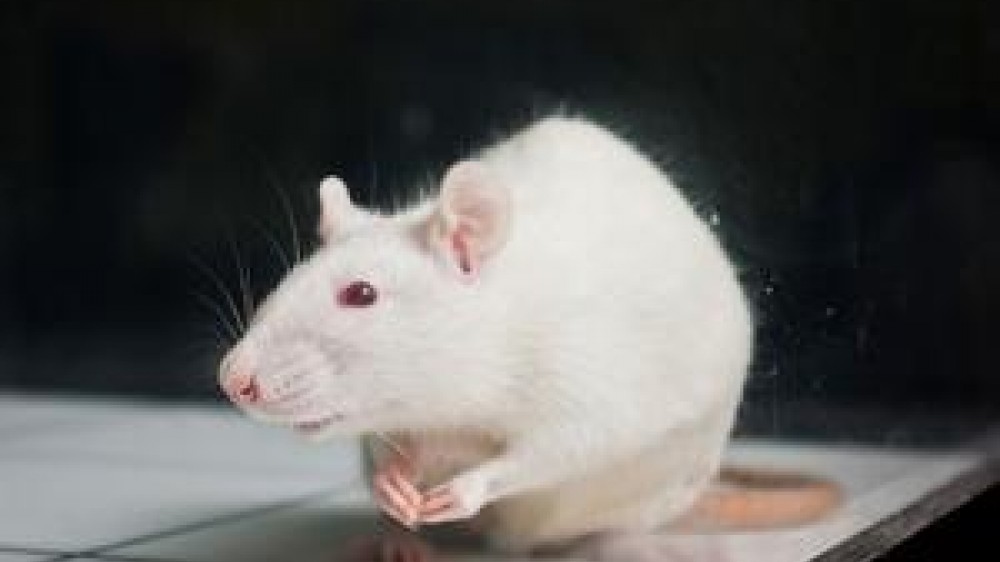
Funding research has been an essential part of our strategy and over the last five years we have committed around £28 million for grants to develop and characterise new 3Rs approaches and technologies.

A recently published paper in Laboratory Animals summarises the findings of an NC3Rs expert working group who have been investigating the consideration of rodent age in studies.
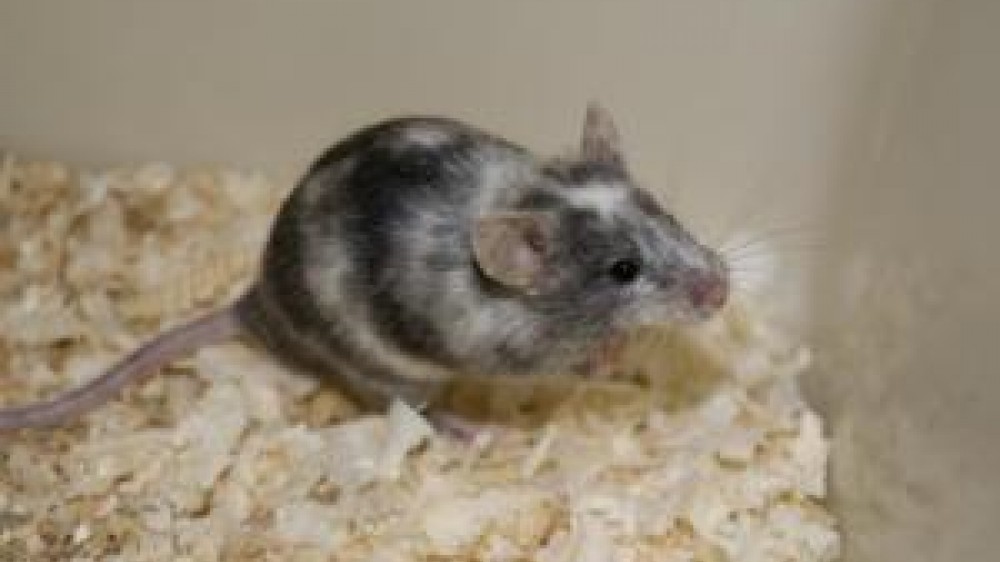
Head of technology development, Dr Anthony Holmes has recently been appointed to the Board of Trustees of the international Health and Environmental Sciences Institute (HESI), based in Washington, USA.

A paper reporting the development of a new automated home cage monitoring system for mice has been published this month in the journal Frontiers in Behavioural Neuroscience.
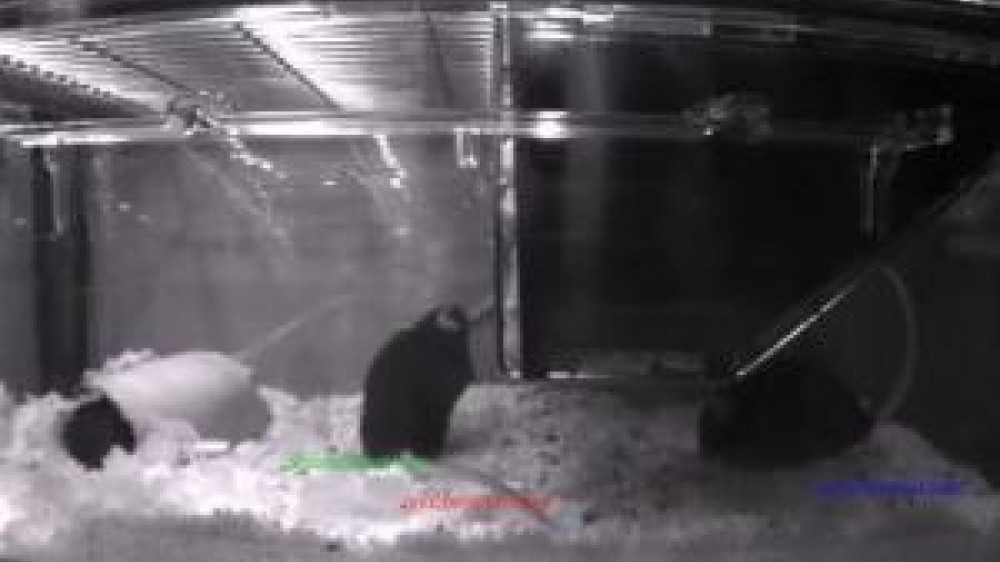
Recently our grant holders spoke in pubs as part of the Pint of Science festival, which took place across the UK on 23-25 May.

A recent publication in the journal mAbs “Waiving in vivo studies for monoclonal antibody biosimilar development: National and global challenges” highlights ways to reduce animal use in the development of monoclonal antibody (mAb) biosimilars.
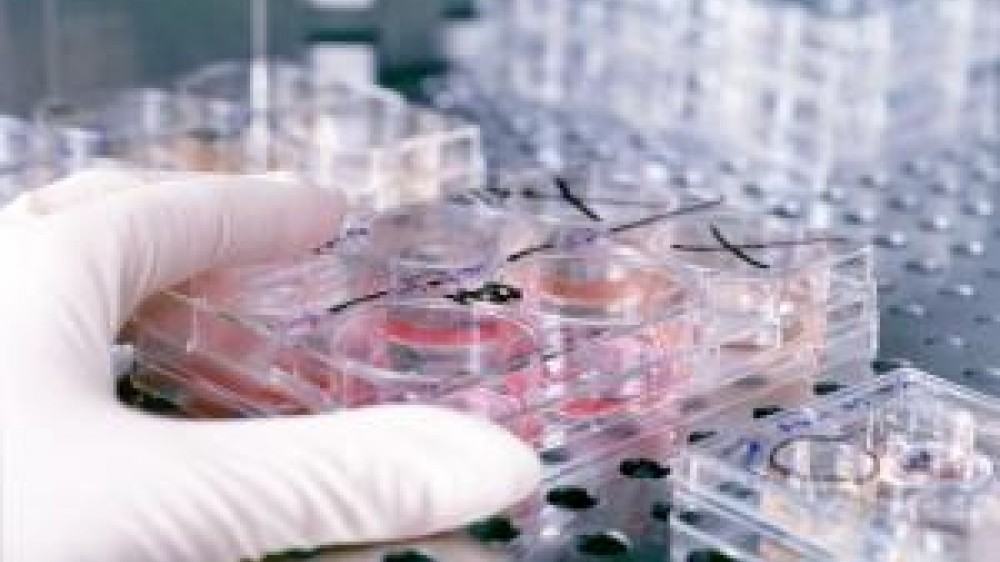
Today is World Asthma Day. To mark this important event our Chief Executive Dr Vicky Robinson is using her monthly blog to highlight some of the work that we have been leading over the last ten years in partnership with the UK’s asthma research

We are pleased to announce a new strategic award to Professor Alex Thiele, Newcastle University, for a project aimed at refining the design of cranial implants used in neuroscience studies with macaques, in order to improve the welfare of these
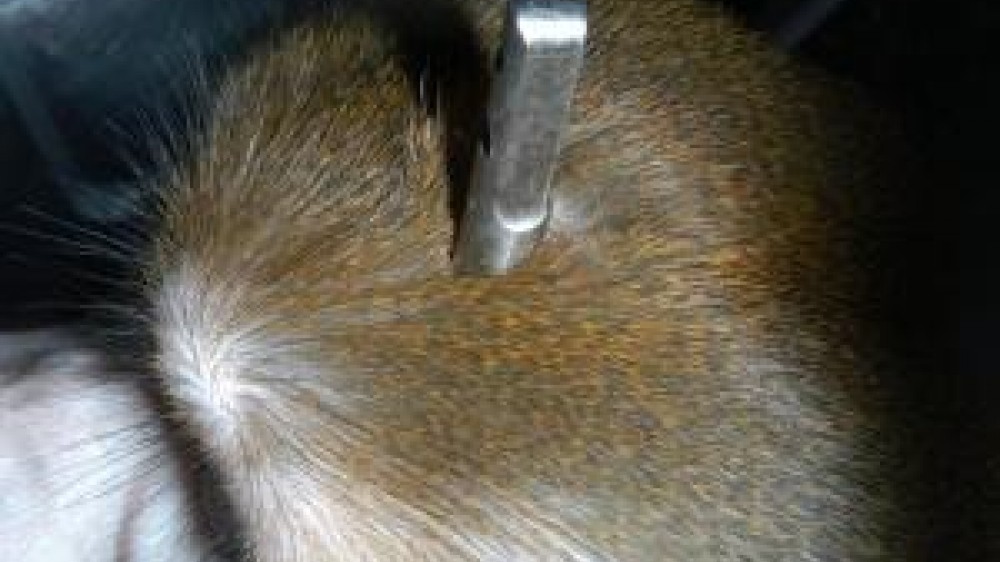
The NC3Rs and Safety Pharmacology Society (SPS) have just published the paper ‘Social housing of non-rodents during cardiovascular recordings in safety pharmacology and toxicology studies’.
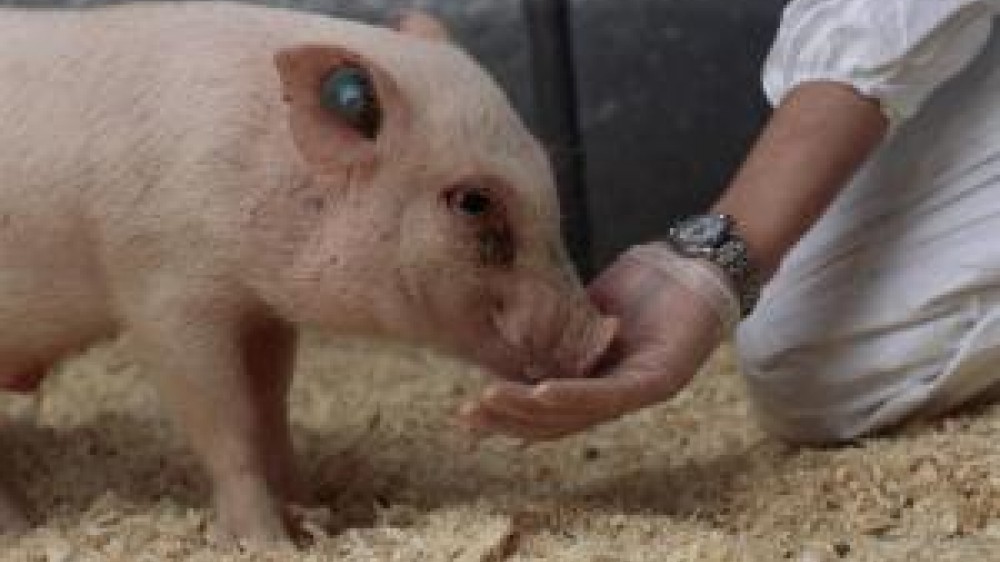
The annual Pint of Science festival will be taking over pubs across the country next month to host evenings where scientists discuss their research over a proverbial pint.

They say you can’t teach an old dog new tricks. But what about scientists and new procedures?
